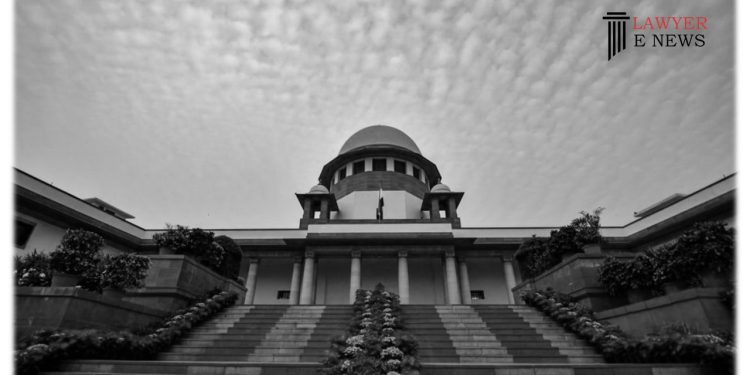-
by Admin
15 February 2026 5:35 AM



In a significant judgment delivered today, the Supreme Court of India quashed the summoning order passed by the Trial Court in a high-profile case involving prominent politicians Sukhbir Singh Badal, Daljit Singh Cheema, and Parkash Singh Badal. The Court found a lack of evidence in the allegations of cheating and forgery against the accused, leading to the conclusion that the continuation of criminal proceedings would amount to an abuse of the legal process.
Court finds lack of evidence in allegations of cheating and forgery; Criminal proceedings quashed due to abuse of process of law and court.
The case, arising from a private complaint filed by Balwant Singh Khera, accused the politicians of committing offenses under Sections 420 (cheating), 465 (forgery), 466 (forgery of court records), 467 (forgery of valuable securities), 468 (forgery for purpose of cheating), 471 (using as genuine a forged document), and 120B (criminal conspiracy) of the Indian Penal Code (IPC).
The complaint alleged that during the registration of the political party Shiromani Akali Dal (Badal), the accused had made false claims and submitted a false document conflicting with the Constitution of the Party. It was further claimed that the party's registration was based on false information, thereby deceiving the Election Commission of India (ECI).
After considering the allegations, the Supreme Court analyzed the relevant provisions of the IPC and examined the evidence on record. The Court held that the offense of cheating under Section 420 IPC was not made out, as there was no evidence of dishonestly inducing the person deceived to deliver any property. Similarly, the offense of forgery under Section 465 IPC was not established since no false document was produced. The Court further observed that the offenses under Sections 466, 467, and 468 IPC, relating to forgery, were not proven based on the facts and allegations in the complaint.
The Court emphasized that the continuation of the criminal proceedings against the accused would amount to an abuse of the legal process, considering the lack of ingredients for the offenses and the significant delay of 20 years in filing the complaint. It noted that the registration application for the political party was made in 1989, and the present complaint was filed in 2009, raising concerns about the delay in seeking redress.
Based on these findings, the Supreme Court quashed the summoning order passed by the Trial Court and quashed the entire criminal proceedings against the accused. It clarified that the decision was solely based on the grounds mentioned in the judgment and did not express any opinion on the constitution of the political party or the pending proceedings before the High Court of Delhi.
The judgment brings relief to the accused politicians and marks a significant development in this long-standing legal battle. The decision underscores the importance of substantiating allegations and ensuring that legal proceedings are not abused as a means to settle political disputes.
Shri Sukhbir Singh Badal vs Balwant Singh Khera and Ors.
